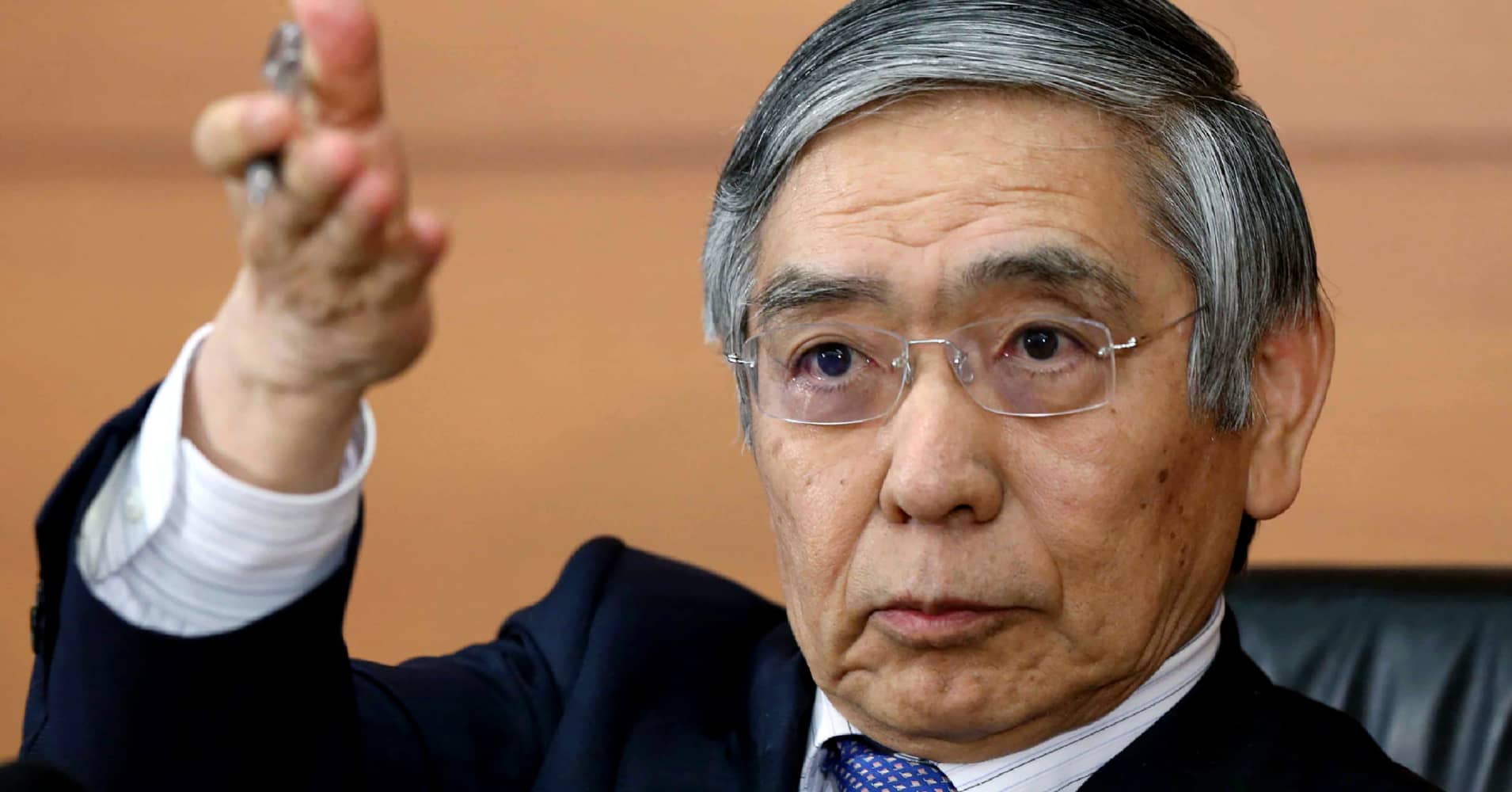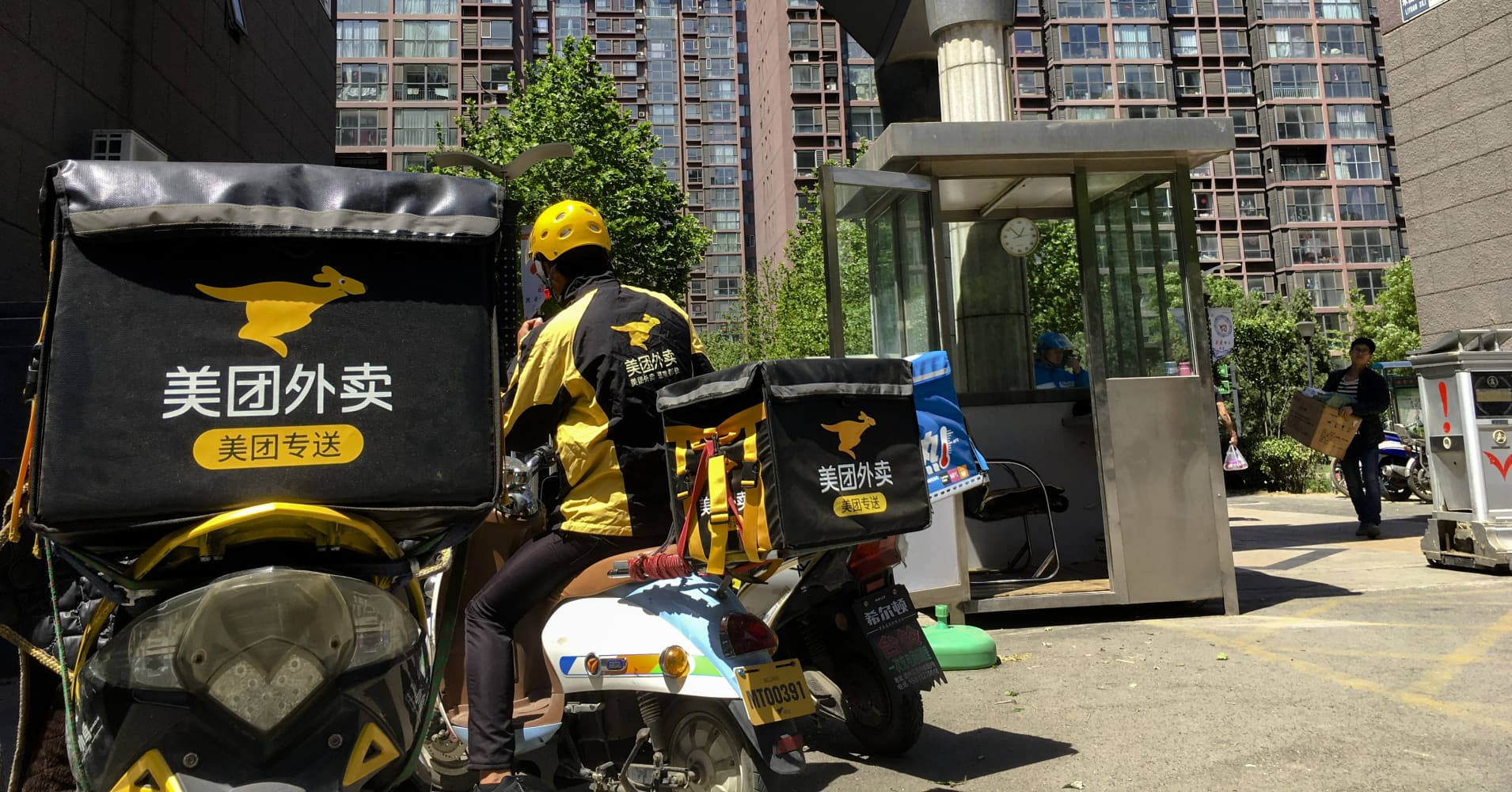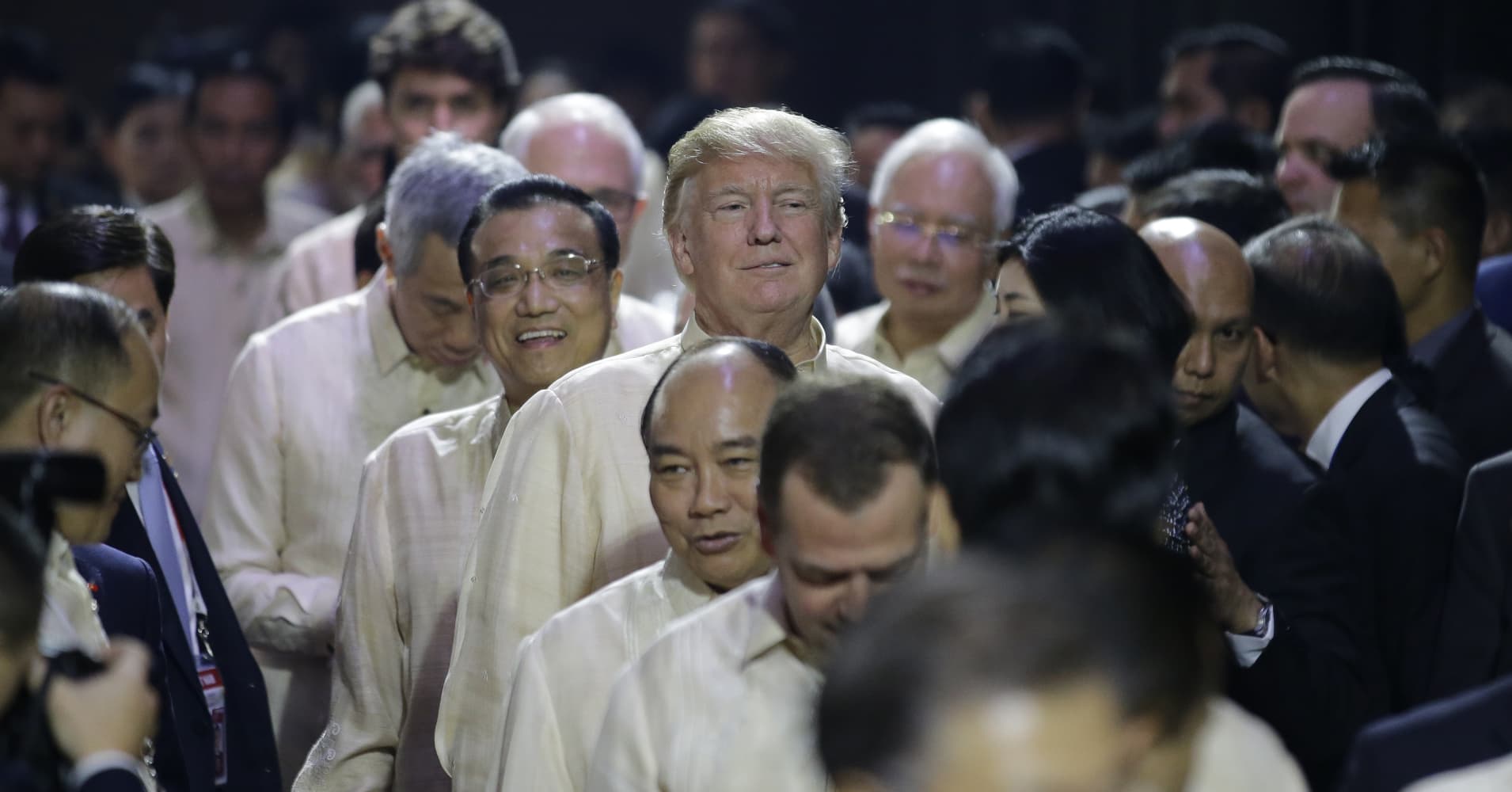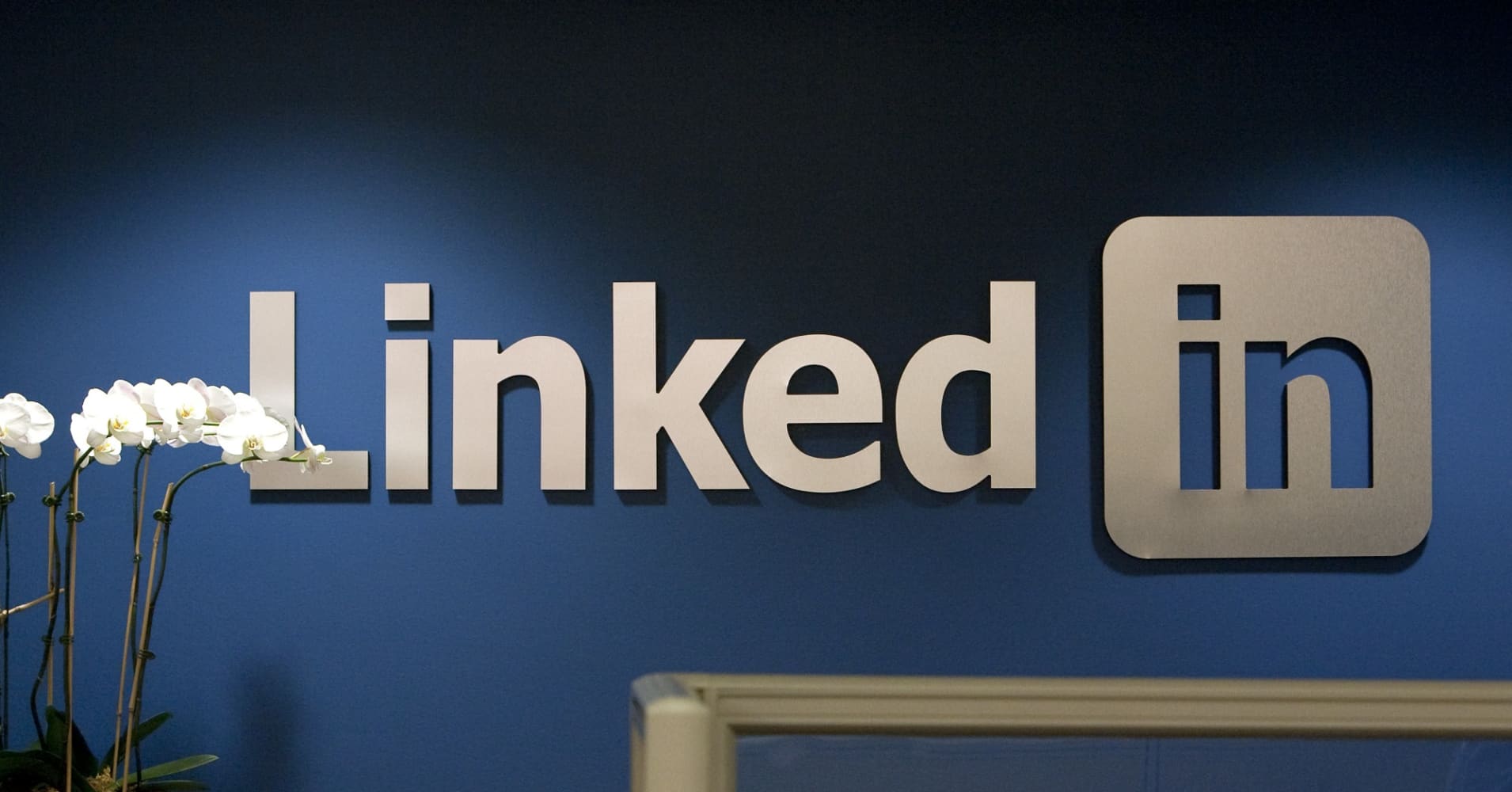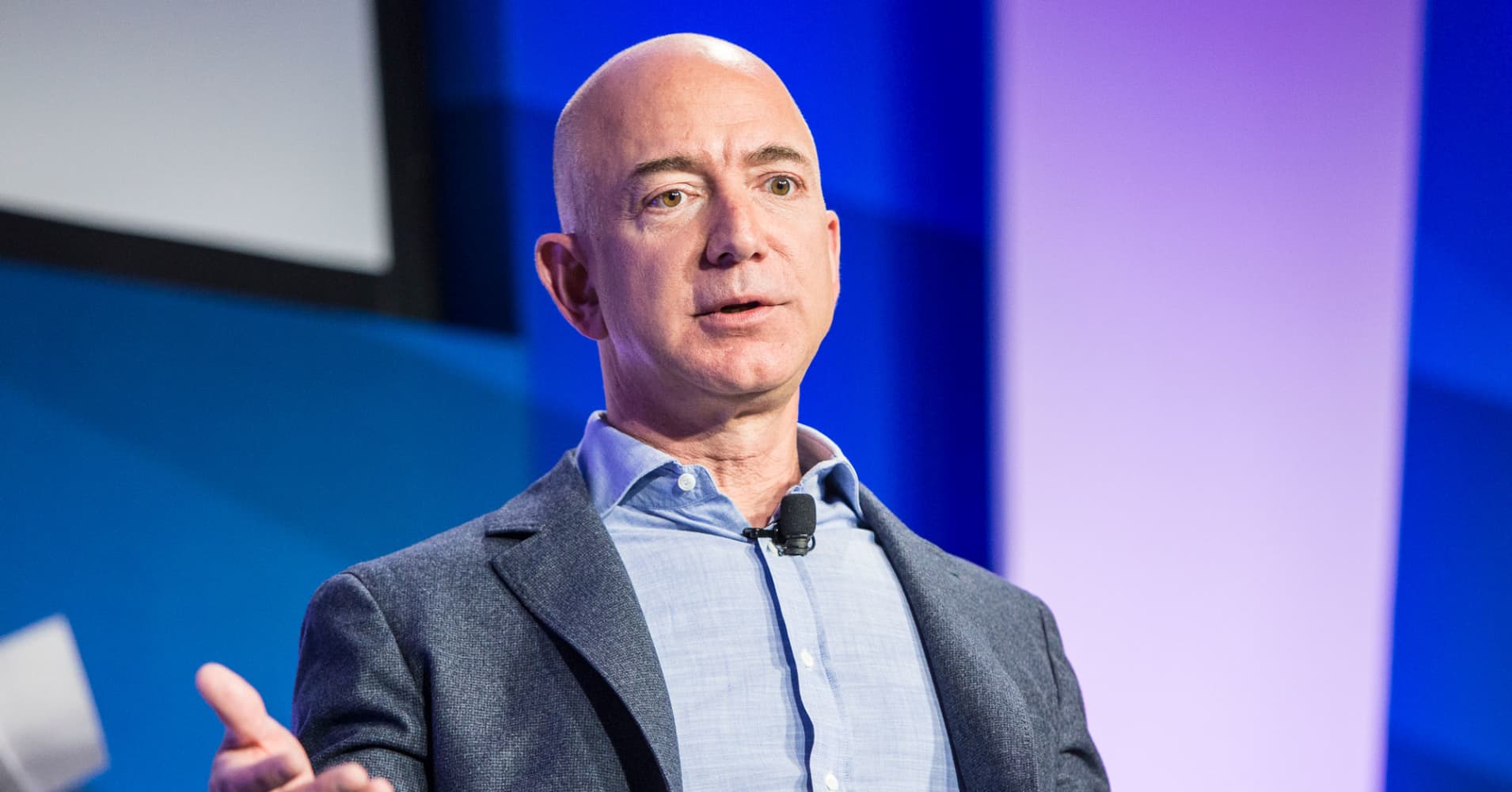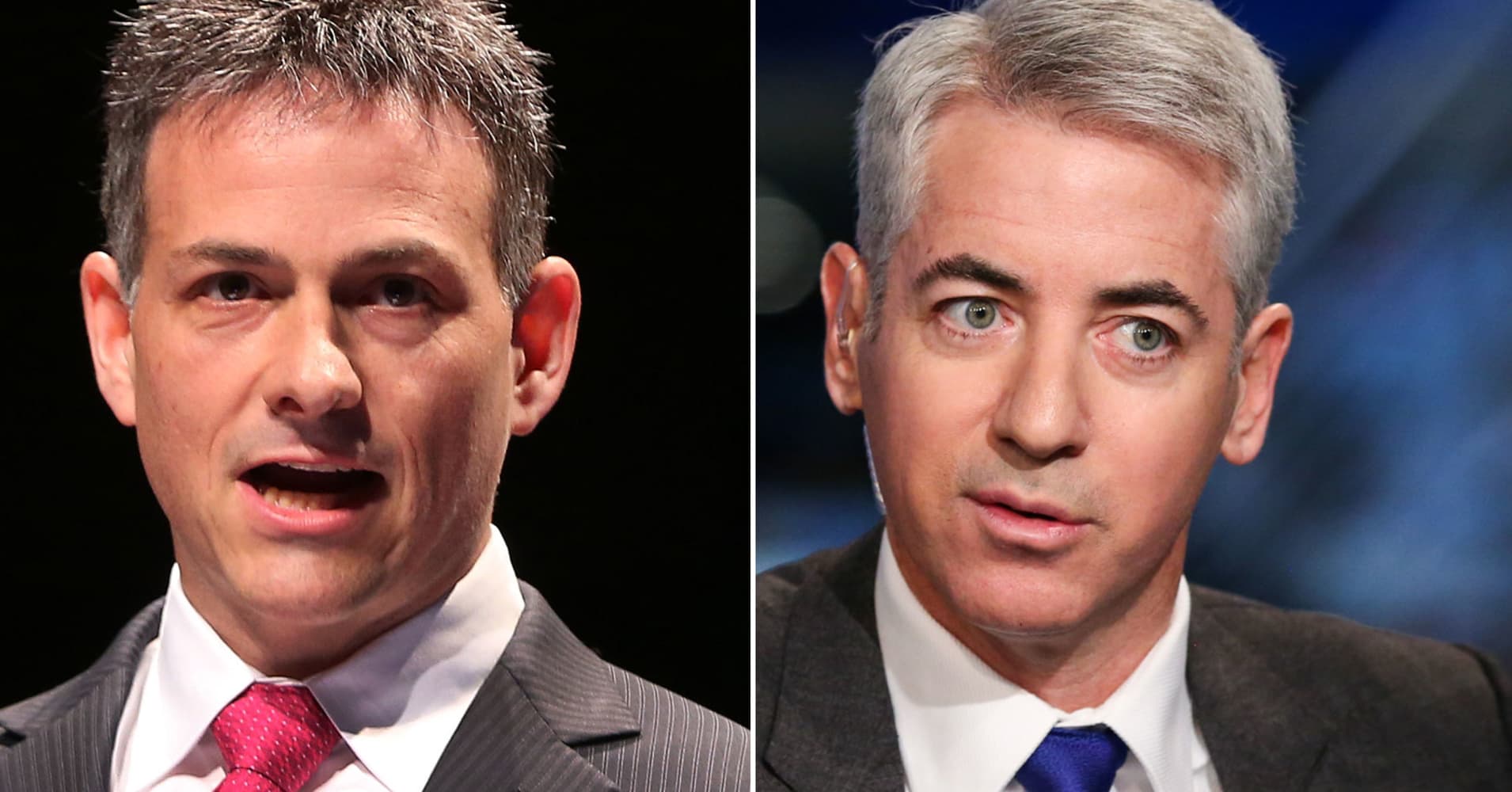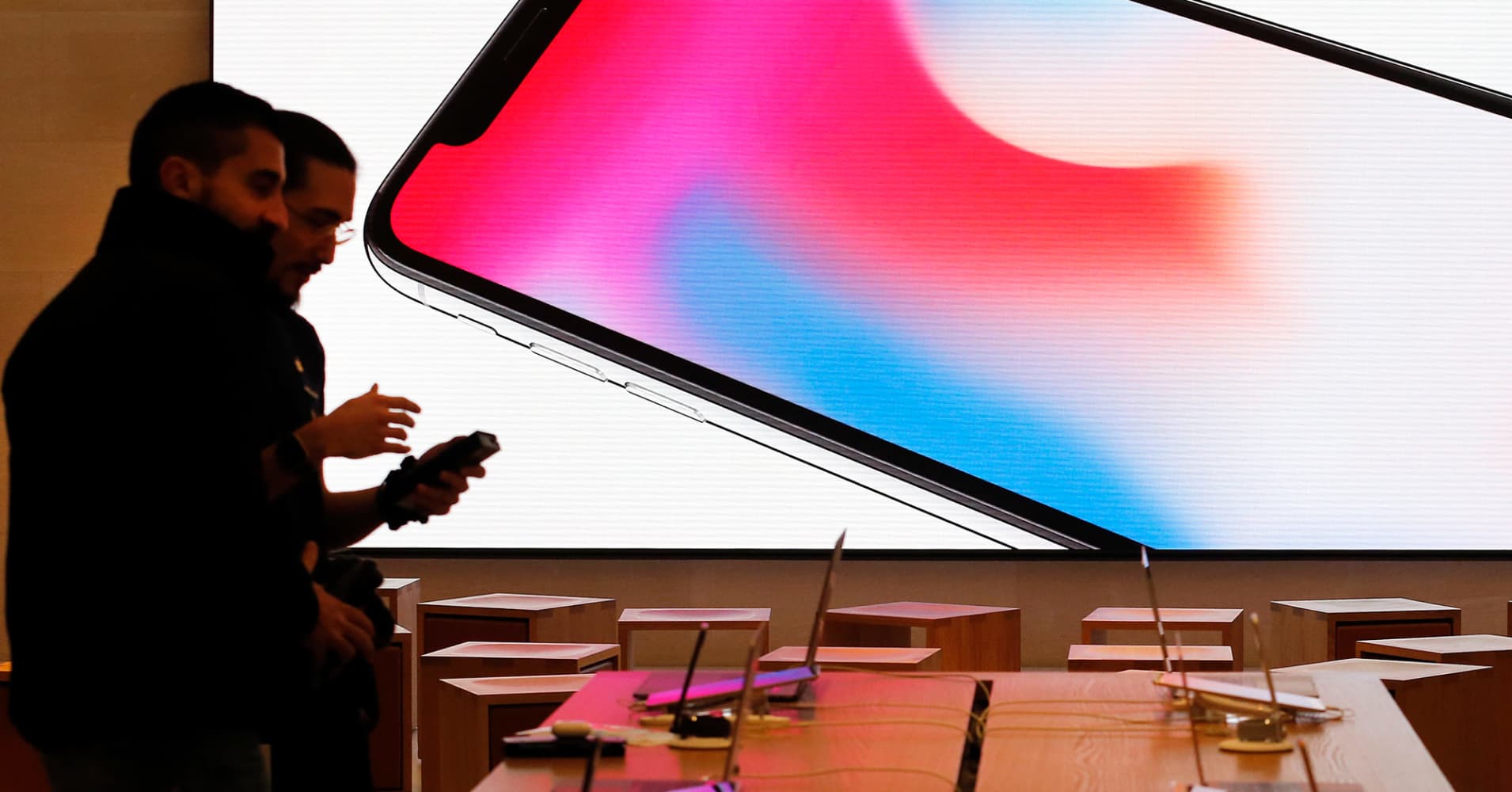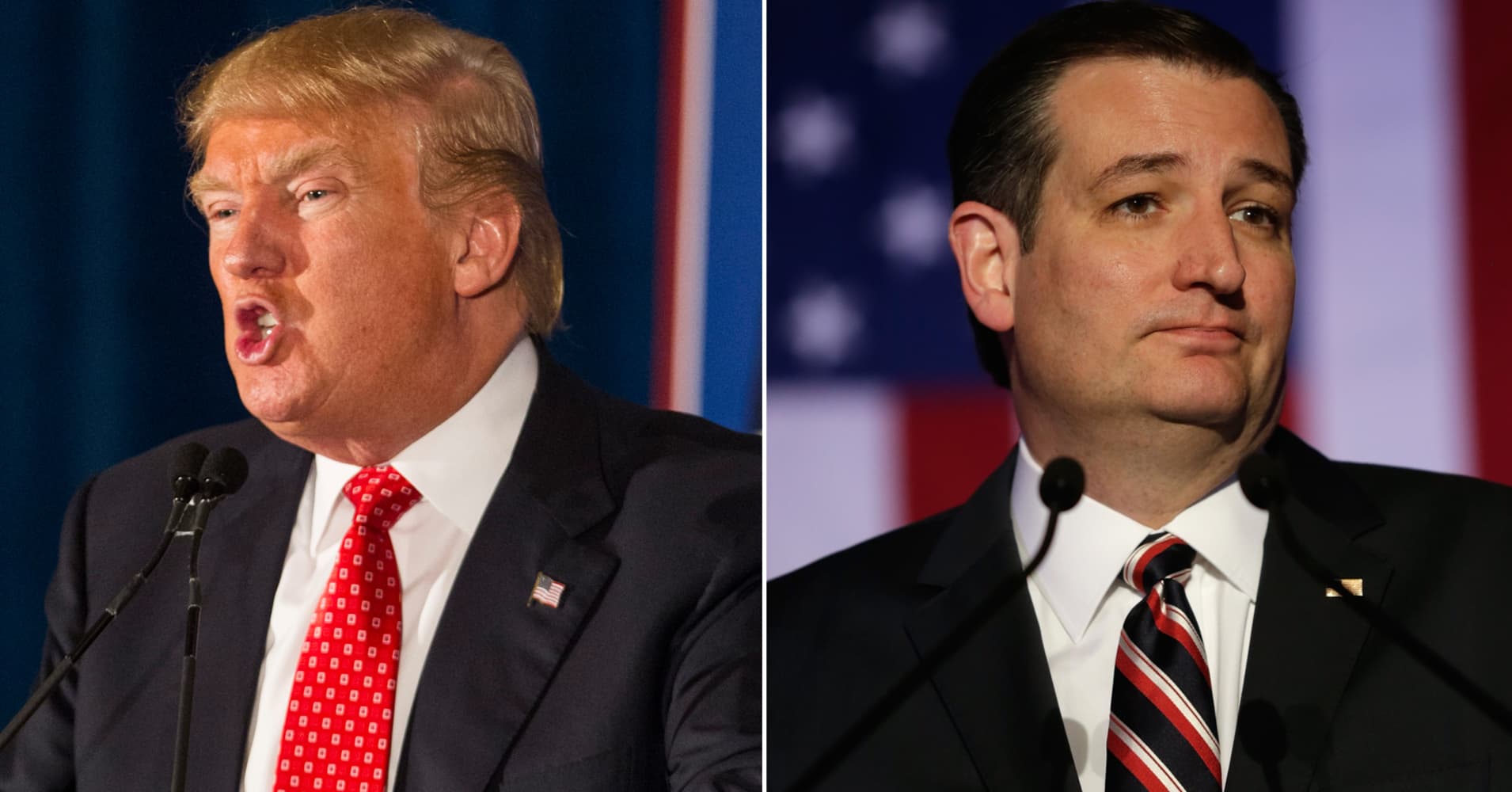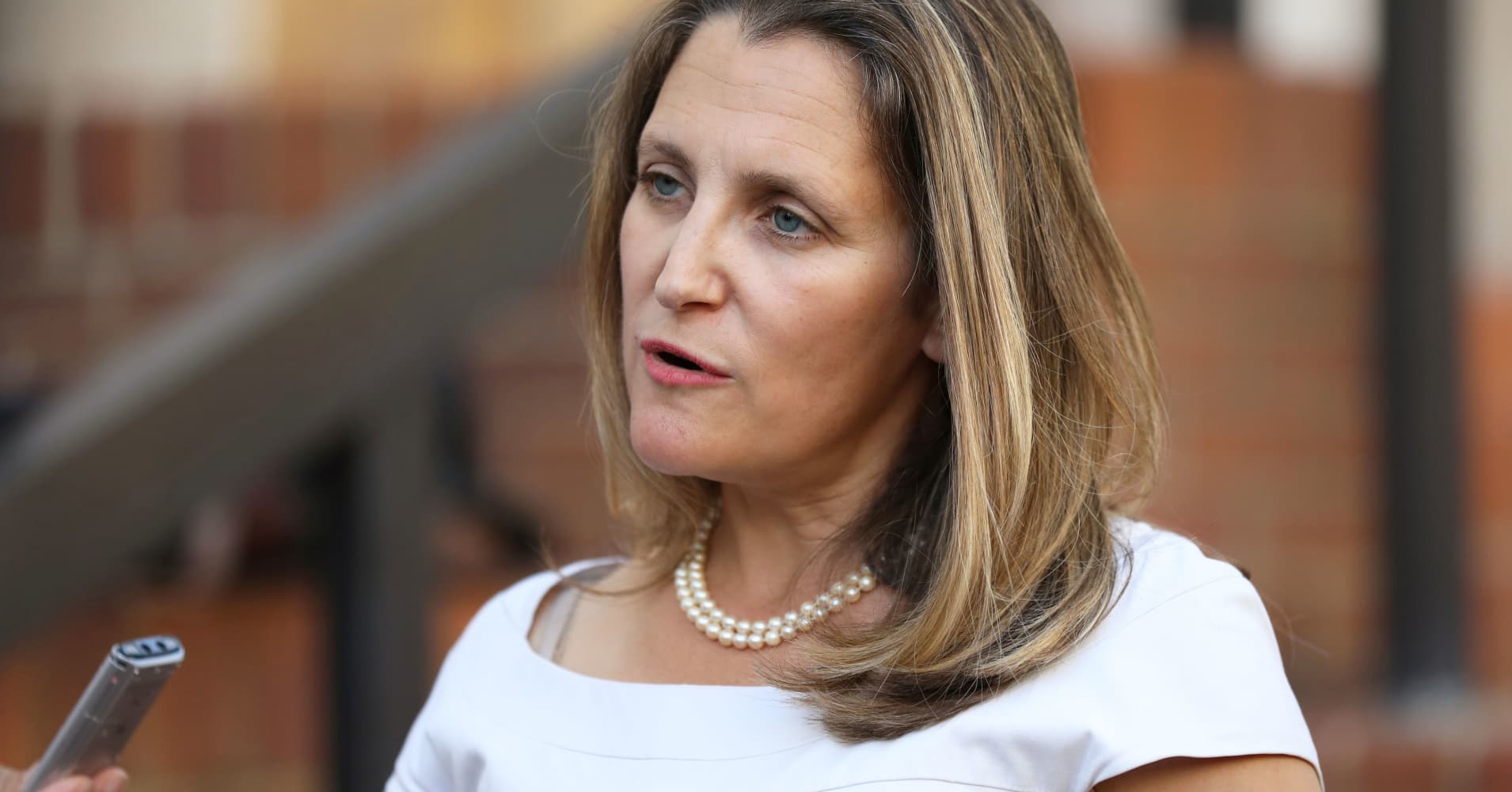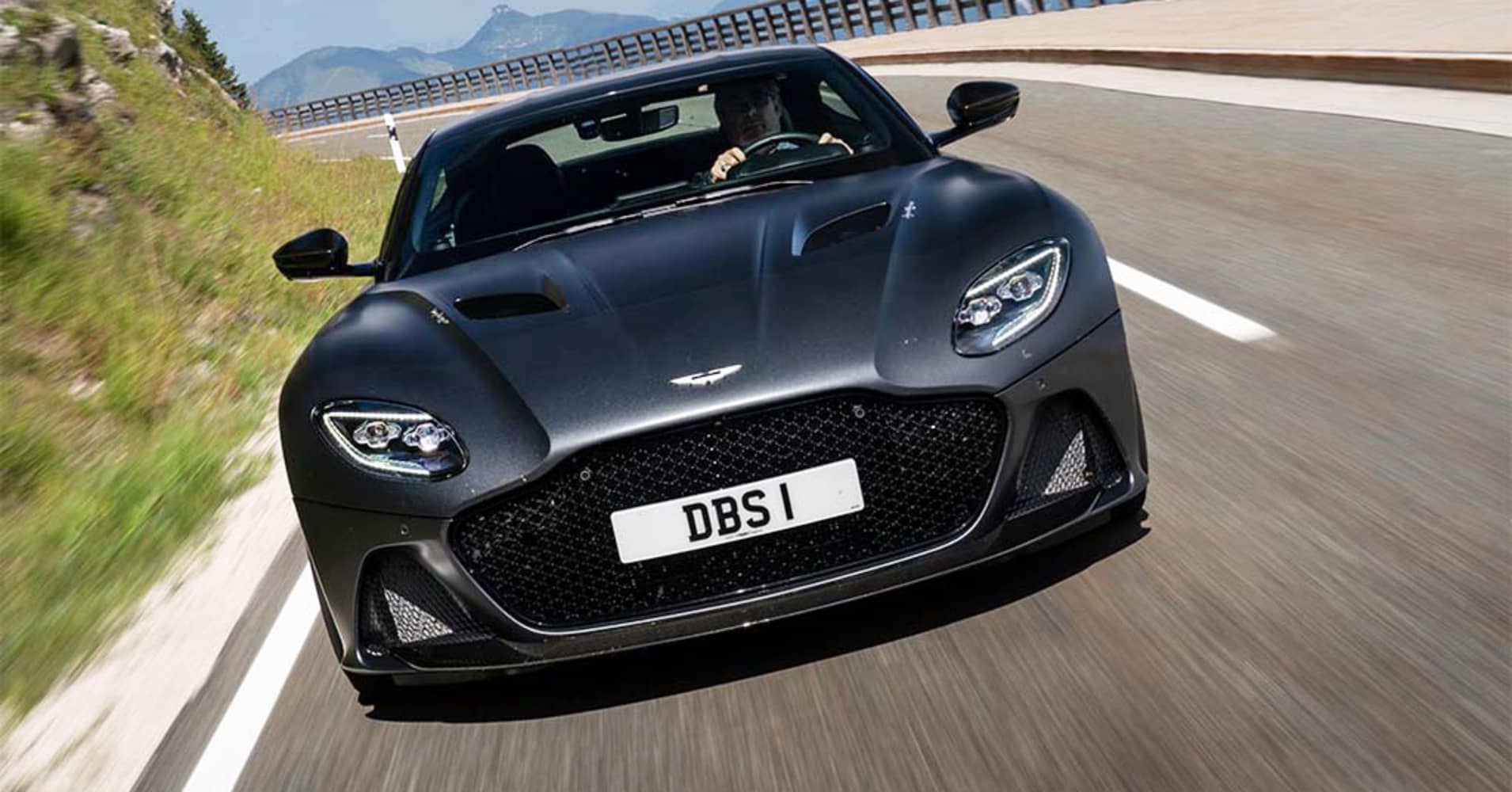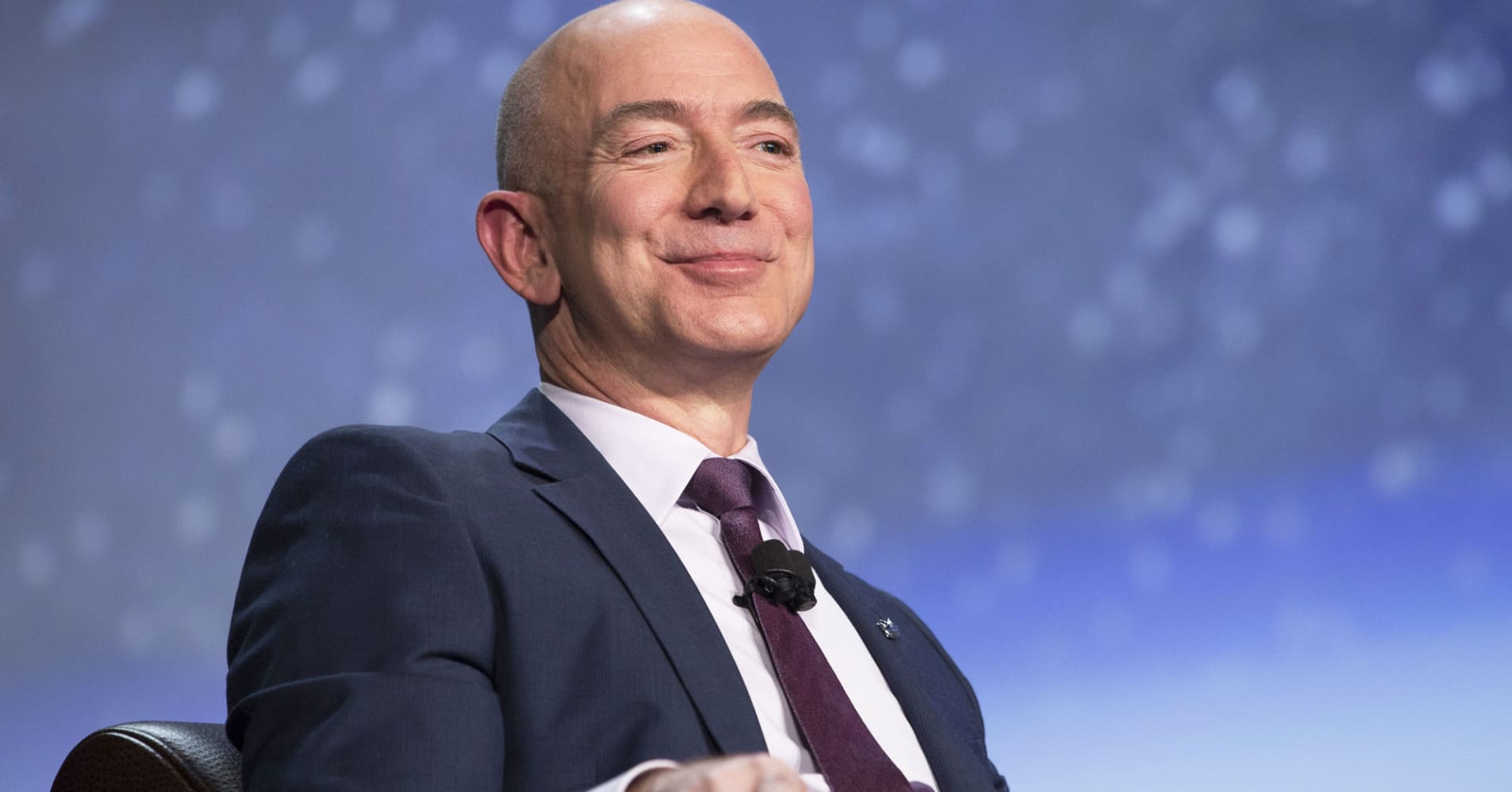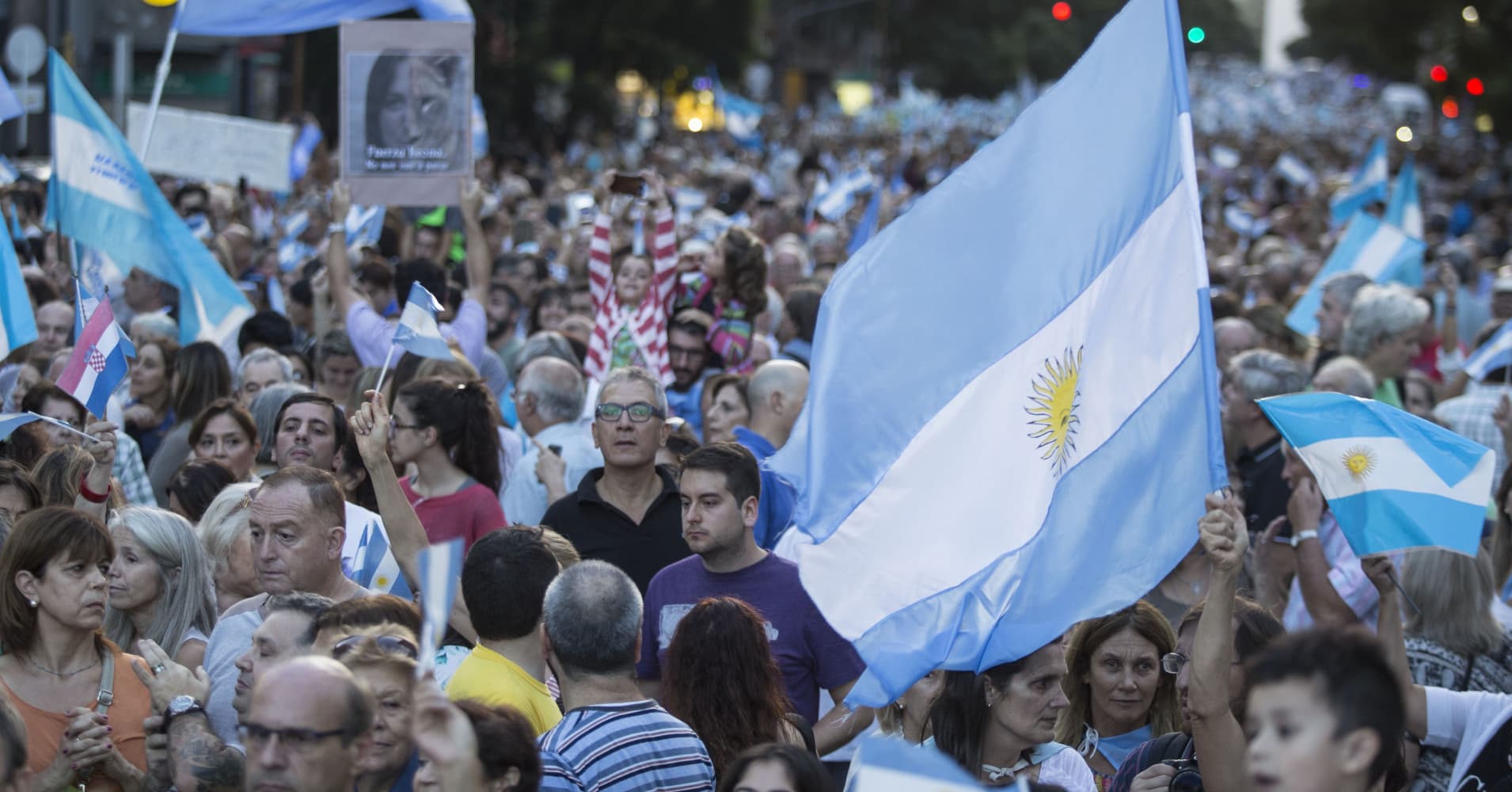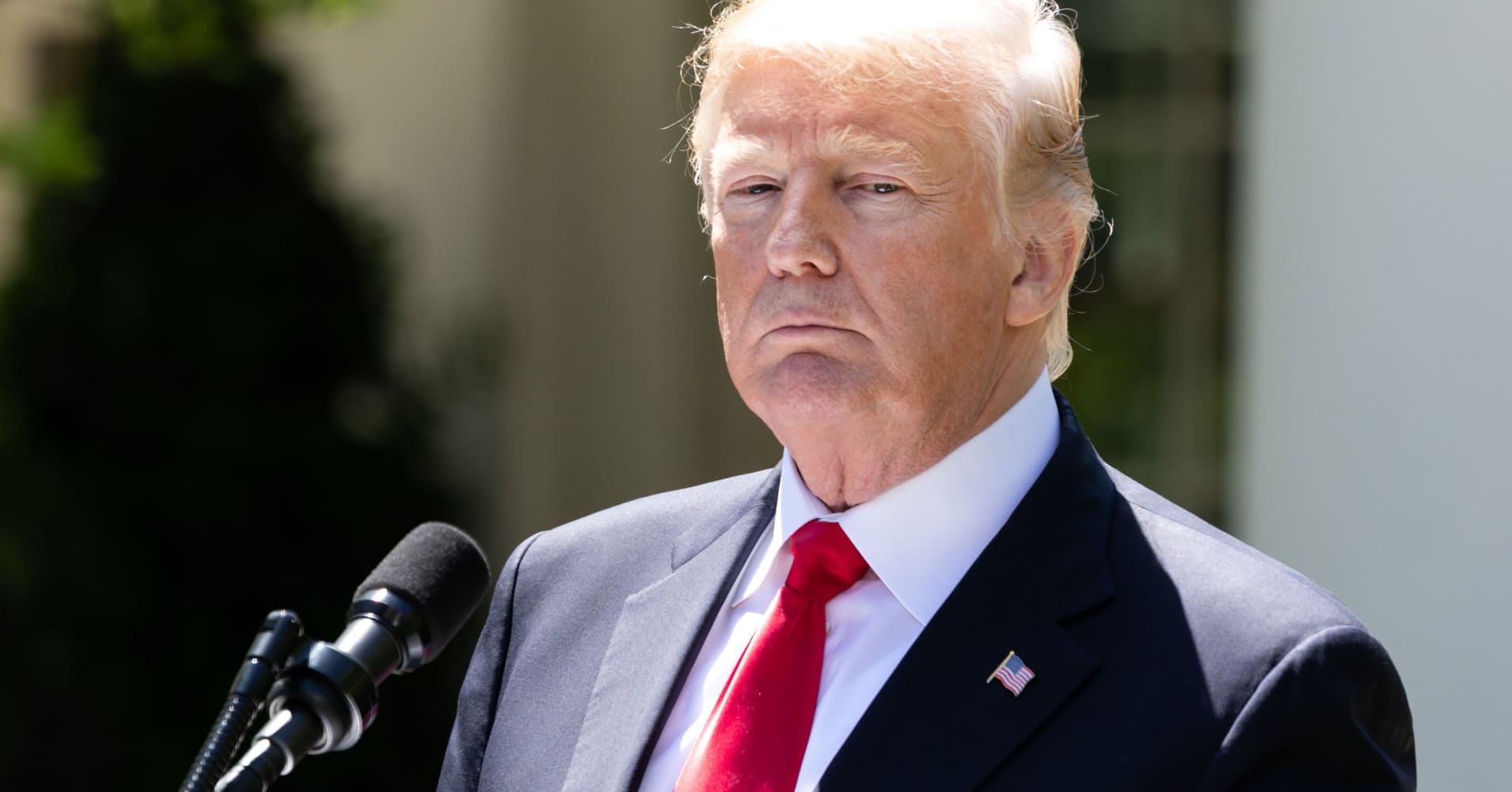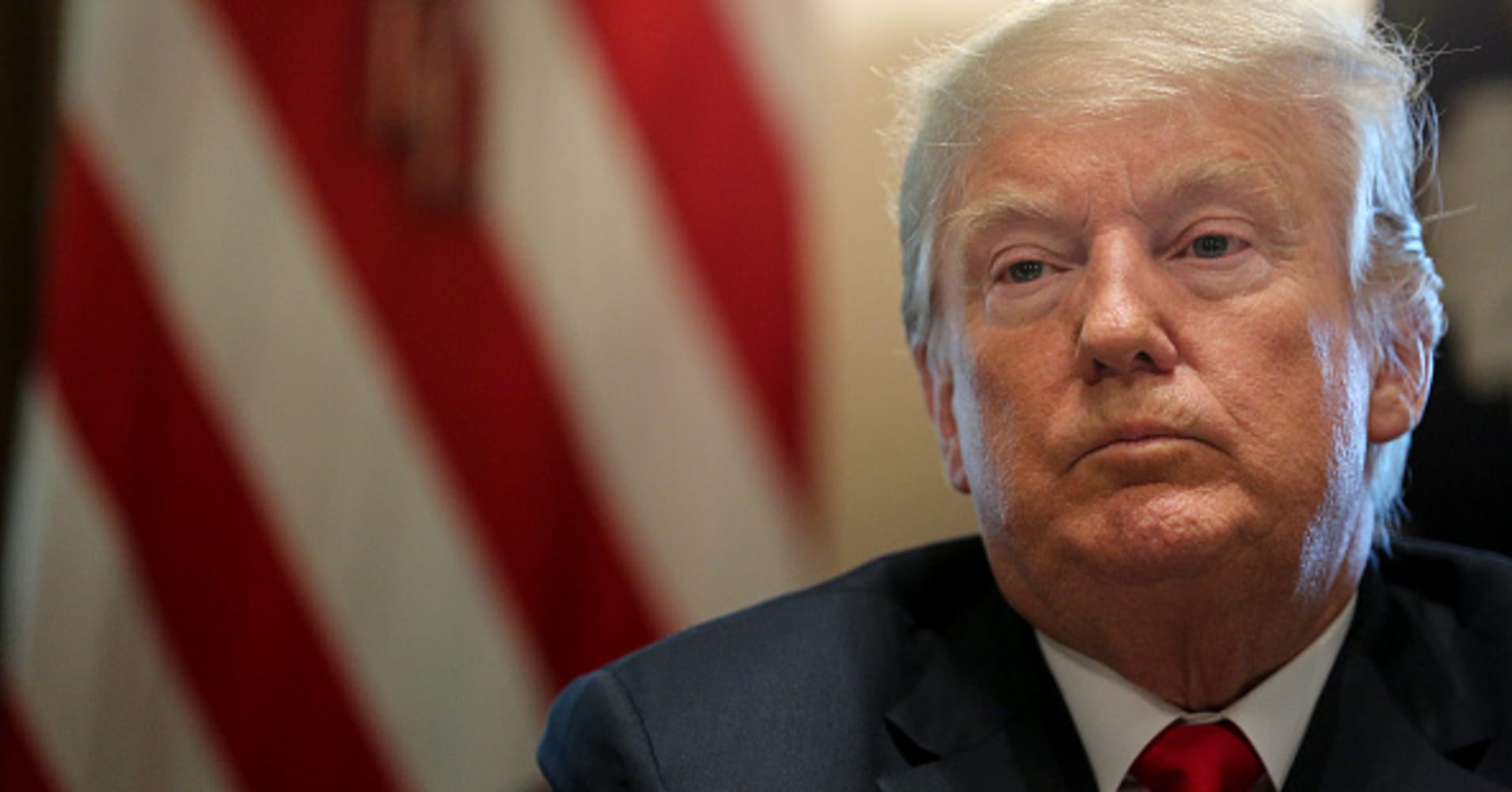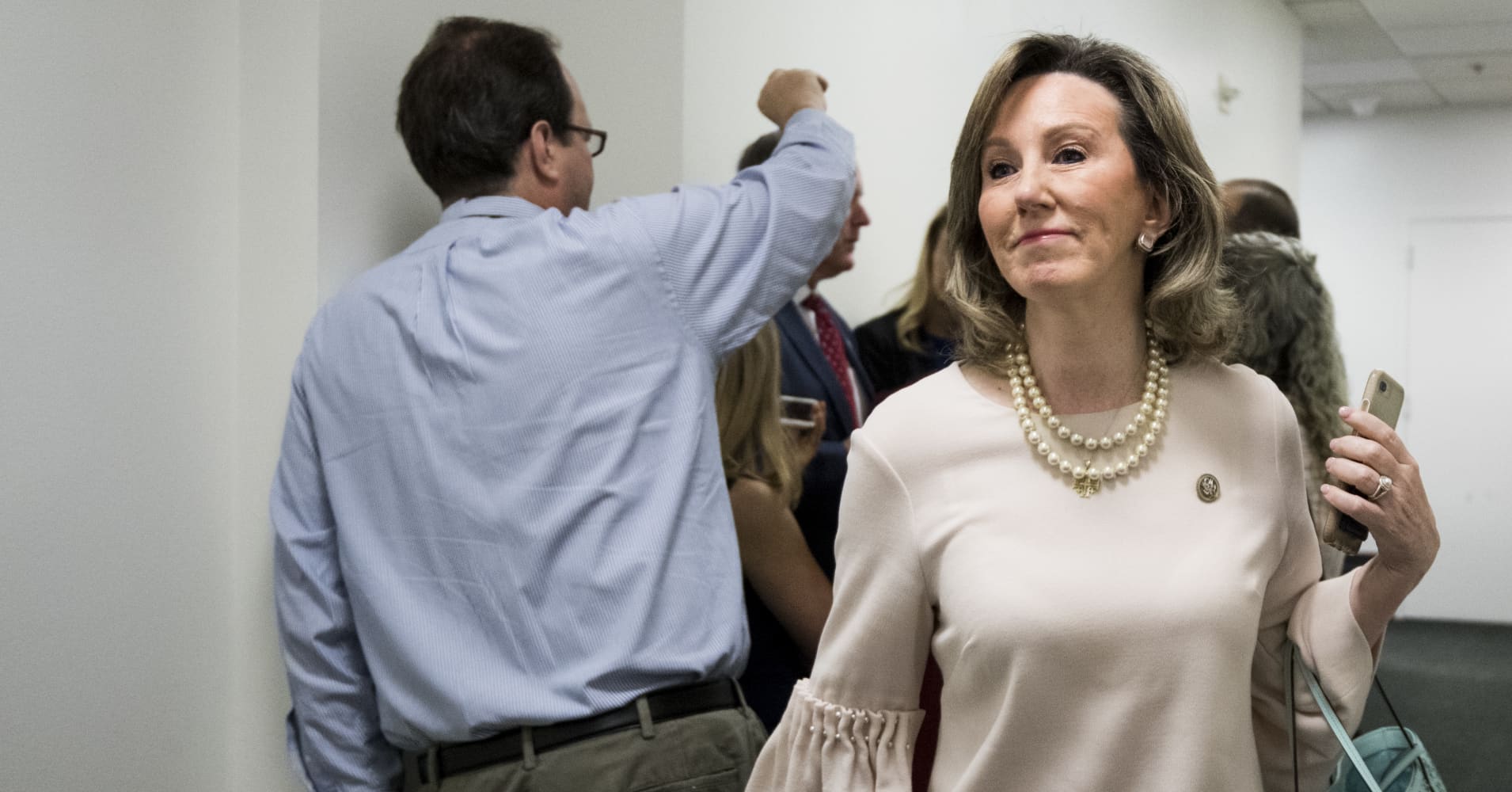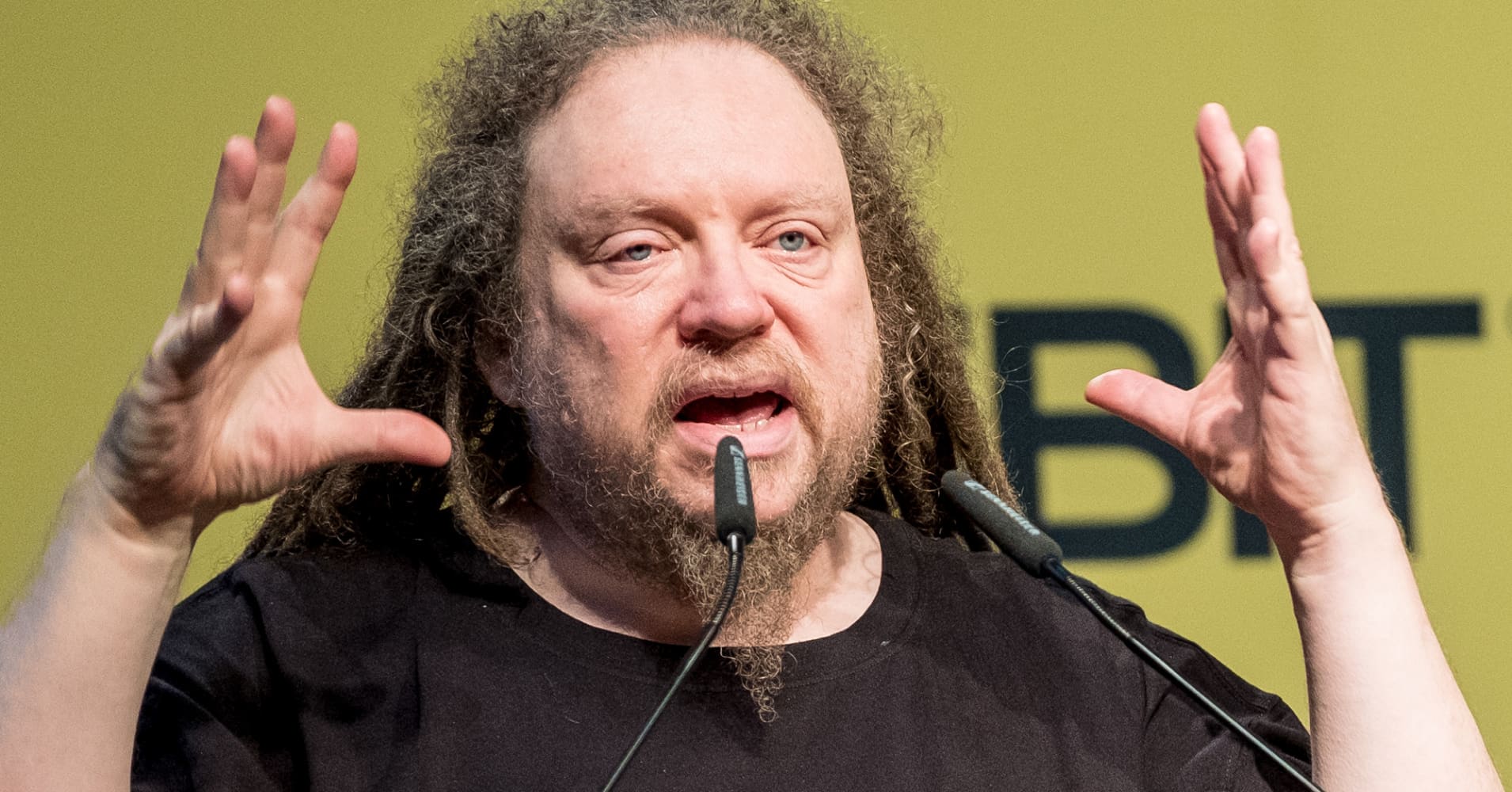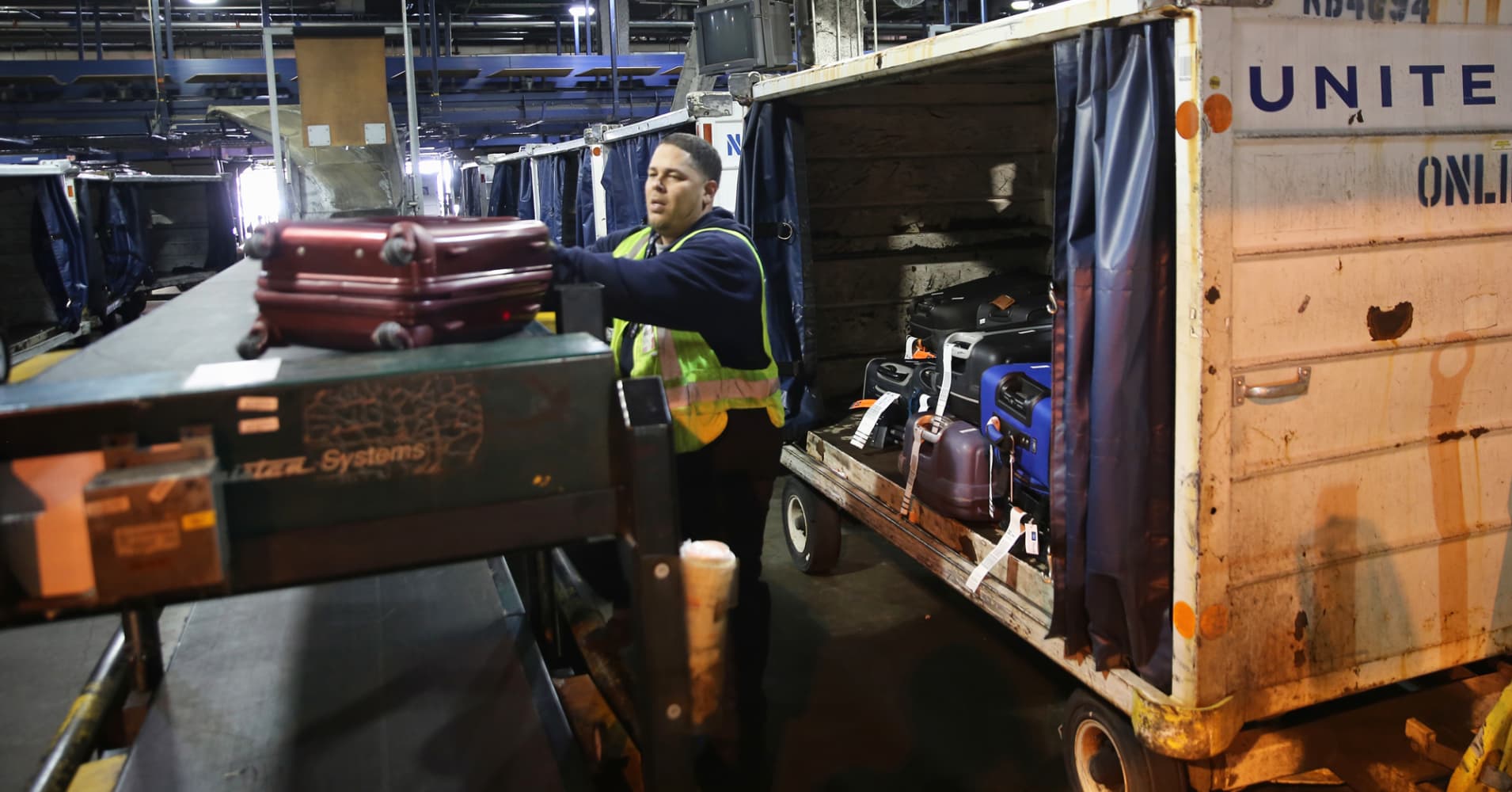As Argentina's currency plungedand interest rates spiked this week, the South American country was at the epicenter of an emerging markets' financial spiral that is expected to continue well into next year.
Argentina's peso steadied Friday after losing about 20 percent against the dollar since Tuesday as its central bank said it would auction dollar reserves. On Thursday, the country's central bank jacked up interest rates to 60 percent from 45 percent.
The International Monetary Fund on Friday said it supports Argentina and that it would meet with officials Tuesday on a revised economic plan, after the country requested accelerated payments from a $50 billion credit line.
The emerging markets have been hurt by U.S. Federal Reserve rate hikes, which have driven up the value of the dollar versus other currencies, making it more expensive to repay dollar-denominated debt. Trade wars have also been a factor, and they hurt commodity prices. Commodities are important revenue sources in emerging markets.
As Argentina's currency suffered, other emerging markets' currencies fell in sympathy this past week, including Turkey's lira, which has been under pressure recently as its central bank has refused to hike interest rates. The lira was recovering some losses Friday.
"This is not over by any means," said National Alliance's Andrew Brenner. "The longer the Fed takes easing away, the more they're tightening, the more trouble for emerging markets, and we haven't seen the worst of it."
Argentina and Turkey have some unique circumstances not shared by other emerging markets.
"Their dependence on foreign capital flows is much higher," said William Jackson, chief emerging markets economist at Capital Economics. "They also have large foreign currency debt."
Argentina's inflation rate is now more than 30 percent, and Turkey is expected to release new inflation data next week, which Jackson said could show a pace of 20 percent.
But while Turkey has resisted taking the steps strategists see as necessary, like raising interest rates. Argentina has tried to restore confidence, but so far its difficulties are recurring.
"Part of it is that their economic vulnerability is really large. They've had a recession every two years for the past six years. The IMF deal is the 23rd since the 1950s," said Jackson. "They have a quite weak domestic base, a large reliance on imports."
Capital Economics says the Argentine peso may have stabilized for now, and the focus is on the government's press conference on Monday, when it is expected to discuss its economic plan. Argentina's problems are bad, but they have been made worse because of investors' aversion this year to emerging markets.
"We're in an environment where everyone is negative on EM. Argentina got caught wrong-footed at a bad time for EM," said Win Thin, senior currency strategist at Brown Brothers Harriman.
Thin said the weakness is not likely to abate across the emerging markets any time soon. "U.S. rates rising, trade tensions, China slowing — for me that's a negative backdrop for EM," he said. The widely held iShares MSCI Emerging Markets ETF temporarily crossed in to bear market territory in August, dropping 20 percent from its January high. The ETF was down more than 4 percent in August and about 1 percent this past week.
J. P. Morgan economists said the pain in Argentina and Turkey is not yet indicative of a broader emerging markets contagion.
"The forecast continues to assume that the spillover from these countries to the rest of the EM will be fairly limited," wrote the J. P. Morgan economists. "Nonetheless, financial conditions have tightened in the remainder of the EM this year and it is hard to know whether this is fully incorporated in our forecast for this group."
Strategists said trade tensions have been one big factor hitting emerging markets, starting with China. The Trump administration has put tariffs on steel and aluminum globally and on $50 billion of Chinese goods. The president is expected to consider tariffs on another $200 billion in Chinese goods in September.
China's U.S. Ambassador Cui Tiankai said China will not give in to intimidation. "This has to be a process of goodwill for goodwill and good faith for good faith. If we can reach an agreement through this approach, I don't think the current economic and trade issues would be that difficult," he said on Thursday.
China, meanwhile, has been easing up on policy to encourage more bank lending and growth.
"China's economy is still slowing. Commodities prices are not favorable, and we do see as we go towards next year, as the Fed tightening starts to filter through, you're going to get a slow down in the U.S," said Jackson. "Turkey and Argentina are going into recession. We see slowing growth in most parts of the emerging world over the next couple quarters, large parts of Latin America, Eastern Europe and China. There are stronger forecasts than most for Russia, Mexico and Brazil. It might be a cyclical recovery in the economy even if their markets do badly."
Capital Economics says growth is slowing into the third quarter after GDP in the emerging markets grew by about 4.6 percent in the second quarter, up from 4.5 percent in the first quarter. Stronger growth in Asia offset a slowdown in Latin America.
Jackson said Brazil may be one of the economies with a brighter outlook, but it suffers from serious political risk. Currently, a large part of its population favors jailed former president Luiz Inácio Lula da Silva in the next election while no other candidate has more than 20 percent support. "There's a lot of uncertainty about the elections in October," he said. "The field is wide open."
Let's block ads! (Why?)
from Top News & Analysis https://ift.tt/2wx2PzM
via
IFTTT
